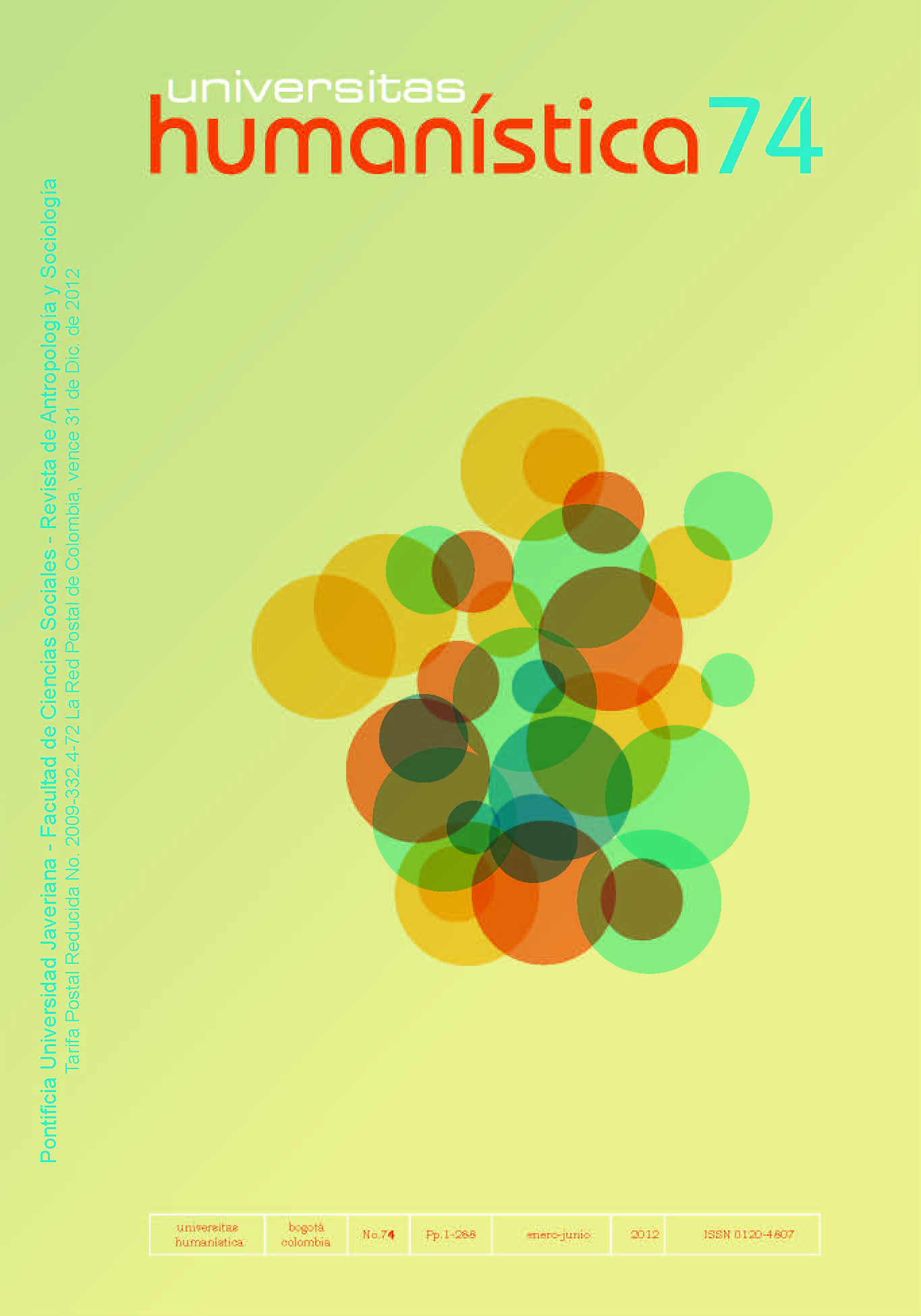Abstract
The objective of this paper is to revisit some connections drawn from literature and others identified directly, between accountancy and the Theory of Communicative Action –henceforth TCA– as described by Jürgen Habermas, with a view to favouring an extension of the social role of accountancy towards social understanding and integration, and not just to globalisation and economic integration, as it is presented today. The paper, making use of TAC concepts, states that accountancy can be the product of social efforts aimed at creating a dialogue between companies and socio-economic actors. It compares in a critical way various concepts drawn from both volumes of the TAC with notions on the role of accountancy regarding development and neoliberal globalisation
This journal provides immediate open access to its content on the principle that making research freely available to the public, encourages greater global exchange of knowledge.
The journal Universitas Humanística is registered under a Creative Commons Attribution 4.0 International Public License. Thus, this work may be reproduced, distributed, and publicly shared in digital format, as long as the names of the authors and Pontificia Universidad Javeriana are acknowledged. Others are allowed to quote, adapt, transform, auto-archive, republish, and create based on this material, for any purpose (even commercial ones), provided the authorship is duly acknowledged, a link to the original work is provided, and it is specified if changes have been made. Pontificia Universidad Javeriana does not hold the rights of published works and the authors are solely responsible for the contents of their works; they keep the moral, intellectual, privacy, and publicity rights.
Approving the intervention of the work (review, copy-editing, translation, layout) and the following outreach, are granted through an use license and not through an assignment of rights. This means the journal and Pontificia Universidad Javeriana cannot be held responsible for any ethical malpractice by the authors. As a consequence of the protection granted by the use license, the journal is not required to publish recantations or modify information already published, unless the errata stems from the editorial management process. Publishing contents in this journal does not generate royalties for contributors.


